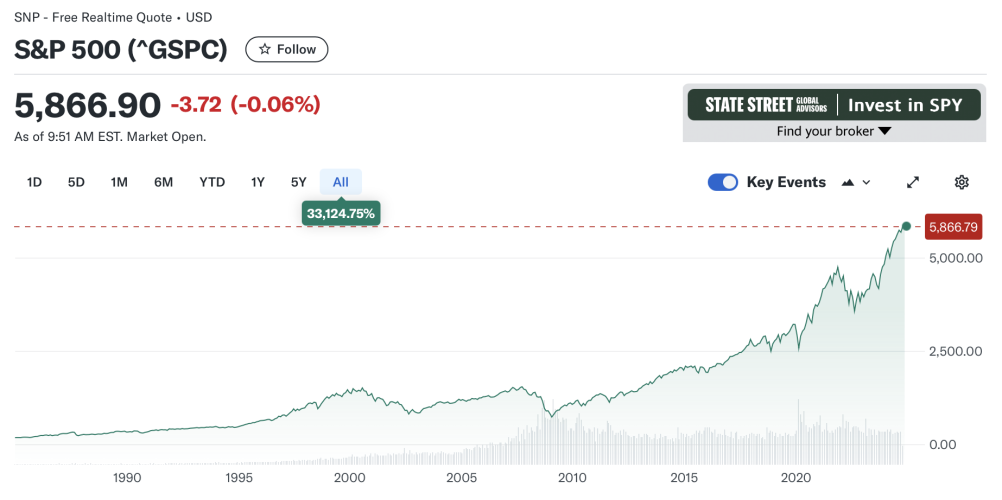jryoung
Well-known member
You enjoy paying the tax for the incentive?
Ironically there's no way around "paying" to incentivise companies to return to the US. They won't do it for the betterment of the union, and the citizens won't reward them for doing so. So we're at a crossroads of tariffs, tax policy (increased deficit), or government grants to get US based companies to return here.
We let them go freely and now need to pay them to come back...... effectively a bailout, privatize the gains, socialize the losses.
Last edited:






